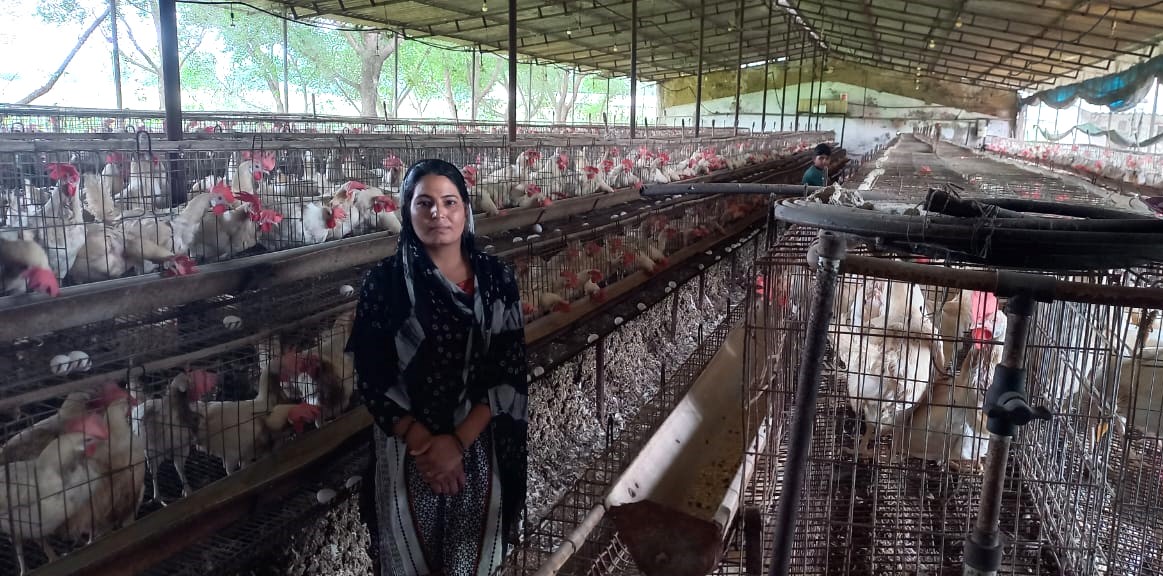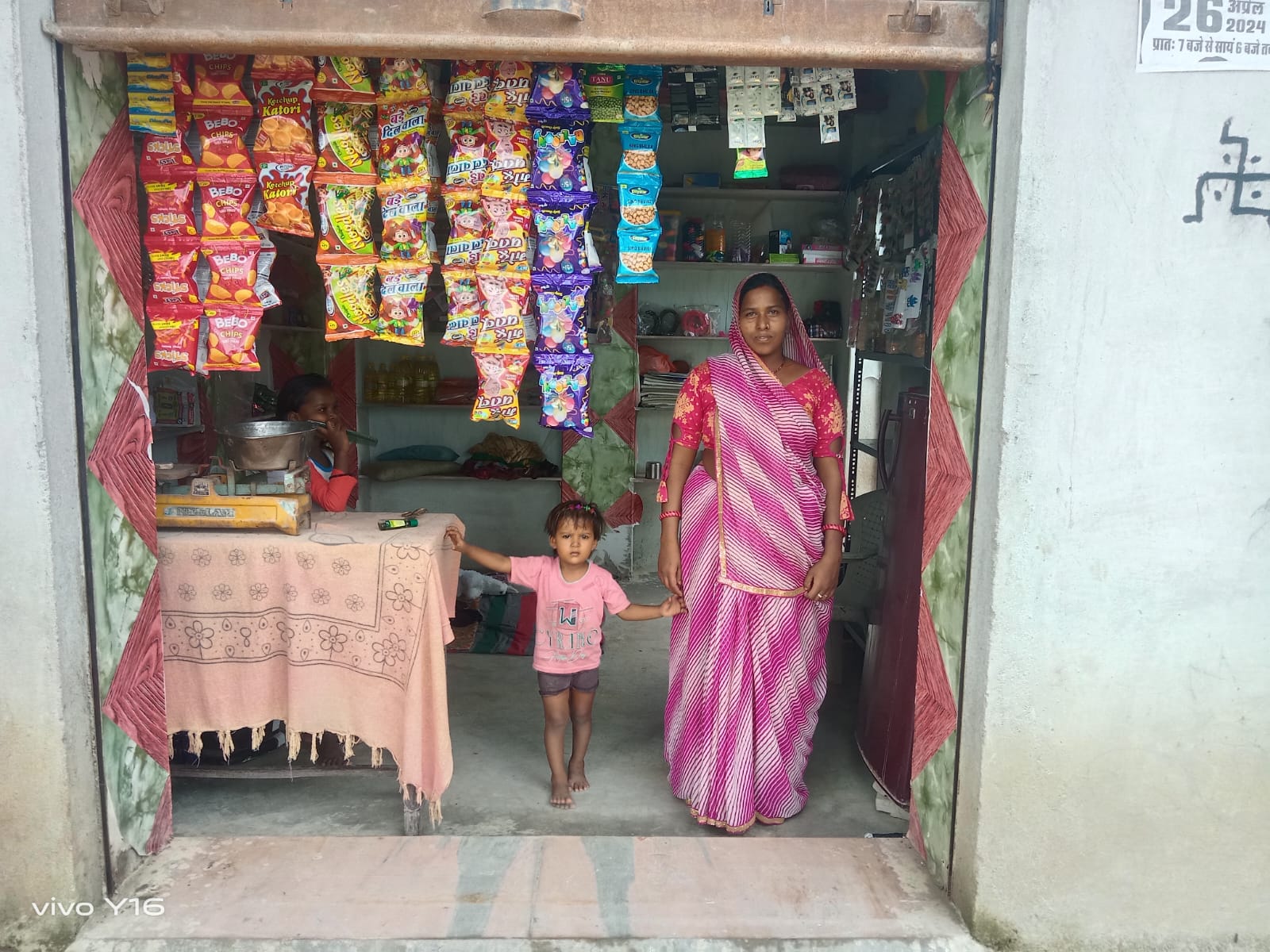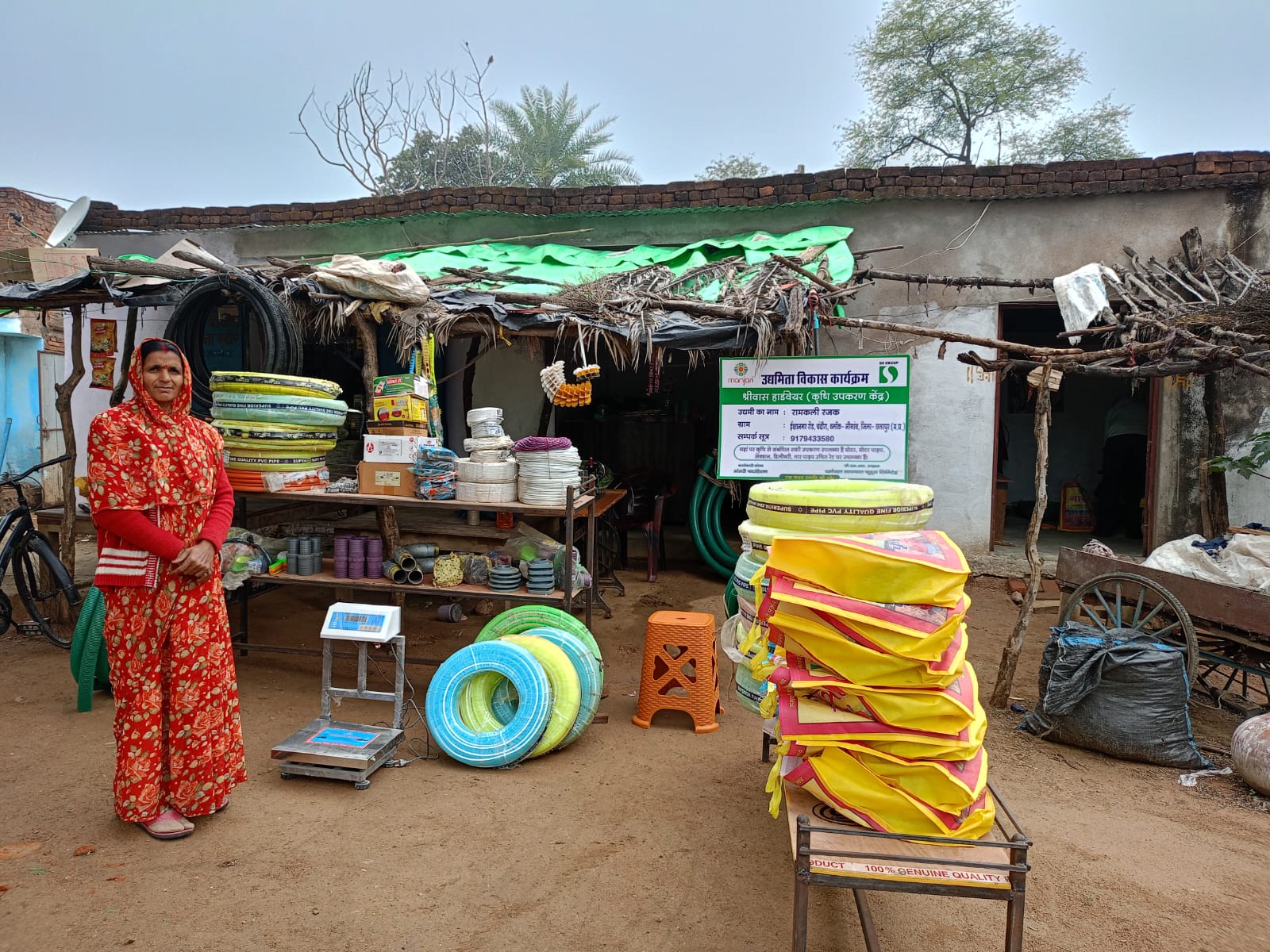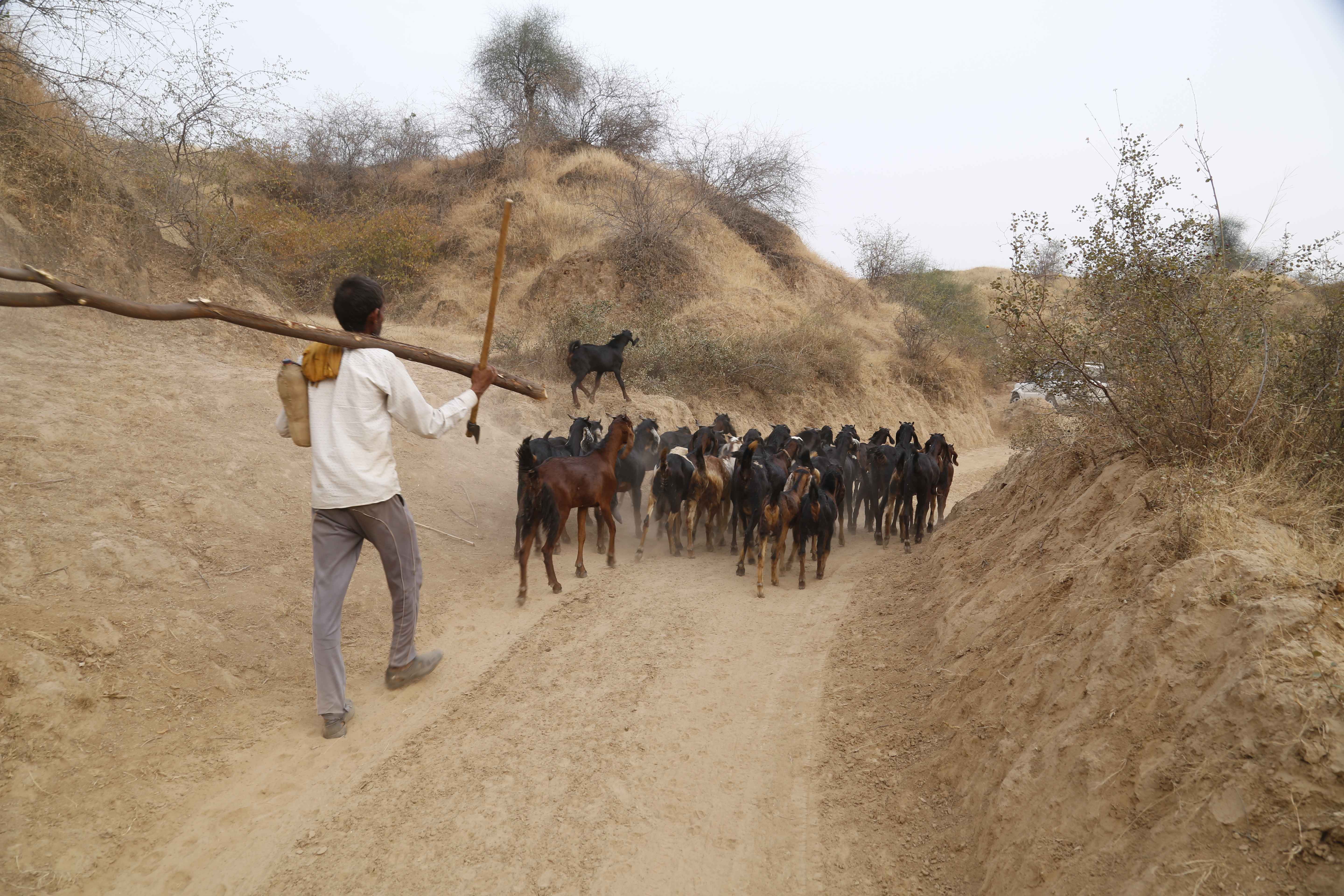
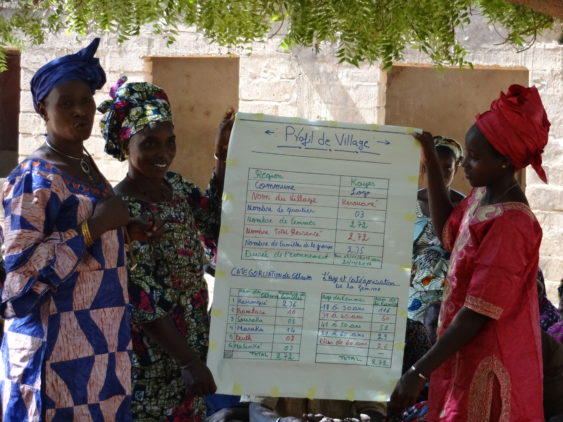
Community-To-Community Learning: The West Africa Experience
Jun 08, 2023
In November 2017 our team of women leaders along with grassroots professionals visited Mali, Africa for a month. Our team mobilized and trained local women in forming women's institutions Self Help Groups (SHGs). In a short span, we mobilized 664 women into 50 SHGs in four villages – Kereouane, Maretrou, Kakulou, and Malou in Kayes.
We also trained Malian women on savings, credit, and financial literacy. Our team used a unique approach of ‘learning by doing’ which helped our NGO partner Camide (www.camide.com) adopt a similar approach to train their professionals on community mobilization strategies, and community-led processes for capacity building of institutions. We believe that the mobilization of women into solidarity groups will serve as the foundation that will bring lasting change in the lives of these women, their families, and their communities as well.
We are really impressed with the way our team was able to build a rapport with the local community and develop an emotional bond with the Malian women in the villages. We are equally impressed with local women who made us feel very much at home and a part of their community. They did everything possible to make the village stay as comfortable as it could be.
A New Methodology to Help Women Capitalise
(Media Coverage by newspaper Kayesinfos Mali)
Kayesinfos: Mr. Director Tell us about your trip to India.
Alou Keita: Last year we organized a trip to India and we were acclaimed by the #Manjrai Foundation who presented to us what they do with lemmas in terms of creating capitalization and development in the agricultural field mostly. And that has inspired us, and we have invited the Manjari Foundation team to Kayes. A first team came to see on the ground whether what they do in India is feasible here and it is thereafter a second team will come to work in the villages.
Kayesinfos: What can it bring as a change?
Alou Keita: We were at the beginning in a dynamic of help to react to the daily problems of these women and really we do not realize that with this new methodology, the women will be able to capitalize, they must be supported in the activities that they carry out daily so that they can earn their lives properly. India may have been able to prove this experience. The Manjari Foundation works with more than 1,50,000 women ( one lakh fifty thousand) in India.
Kayesinfos: What is the ambition of your structure?
Alou Keita: Our ambition is to reach all the villages around Keyes villages all over Mali, we are in this dynamic way and we want to create a partnership with the Manjari Foundation that will help us develop this new concept in our pure country the good of women.

Interview with the Executive Director of the Manjari Foundation Mr Sanjay Sharma, India. The Executive Director of the INDIAN Manjari Foundation
Mr. Sanjay stayed in Kayes, the first administrative region of Mali. During his interview with the newspaper Kayesinfos Mr. Sanjay of Rajasthan in India spoke about the new methodology to help women capitalize.
Kayesinfors: What are the reasons you are in Mali?
Sanjay: I came with a team of seven people including 04 women. The reason we are here is in partnership with the CAMIDE team through women leaders to see what we can do together and what we are doing with rural women in the field of development, daily life, human resources, agriculture, livestock, and other things.

Kayesinfors: How similar is your country to Mali?
Sanjay: We have seen a lot of similarities between the two countries and especially with the Keyes area. Things we share together, the way we do things; people are the same, geography, vegetation trees, mangoes, etc. So, we thought that it would be better to build a local partnership with CAMIDE, which is here to apply the experience we have had in the West.
Kayesinfors: Do you plan to share this experience, to contribute to the development?
Sanjay: As you know, my team has worked in four (04 |)) villages including Kereouane; Maretrou; Kakulou, and Malou and we were in these villages for a work shift of twenty (20) days to see the conditions in which these rural women live, how they do their domestic work and how to make solidary groups, and to mobilize women form solidarity groups and these solidarity groups will be the foundation that will bring change in the lives of these women, that of the family and the whole life of the villagers
Kayesinfos: What are you waiting for?
Sanjay: What we want to do here is to create a women’s accountability system with our ideas to help these women learn some things to change their lives. We are asking CAMIDE, which is our local partner, to be a mentor to everyone, because not everyone has the chance to go to India to learn these things or even their own eyes so we invest in development with CAMIDE. we are looking at how we are going to apply that advantage in agricultural development, management of human resources, and the development of the livestock sector. It is an economic emergence that we want to do together
Kayesinfos: What message do you have to send to the rural women of Kayes
“ Sanjay: I noticed that you have a lot of resources: access to information. Access to technology, access to several positive data. You have all these resources, but it may still be necessary to give your time for these resources to transform them for your sake, so you can use them to definitively change your life. Way Forward....
As we have experienced in India, capacity building and mentoring are much needed for long- term sustainability of any initiative. In that context, we are developing a strategy for regular hand-holding support and capacity building of community institutions and professionals who are engaged in this development process. We are focusing on all kinds of sustainability financial (finically viable), social sustainability (accepted by the local community and able to bring large scale across tiers of institutions), and enabling environment(convergence, alignment with #SDG, orientation and education of local government stakeholders and agencies)
